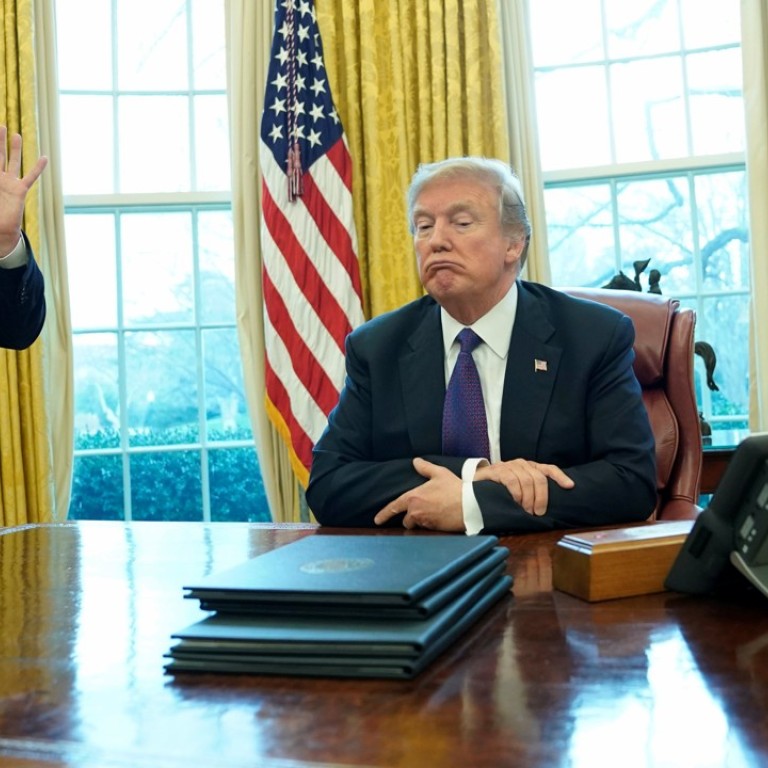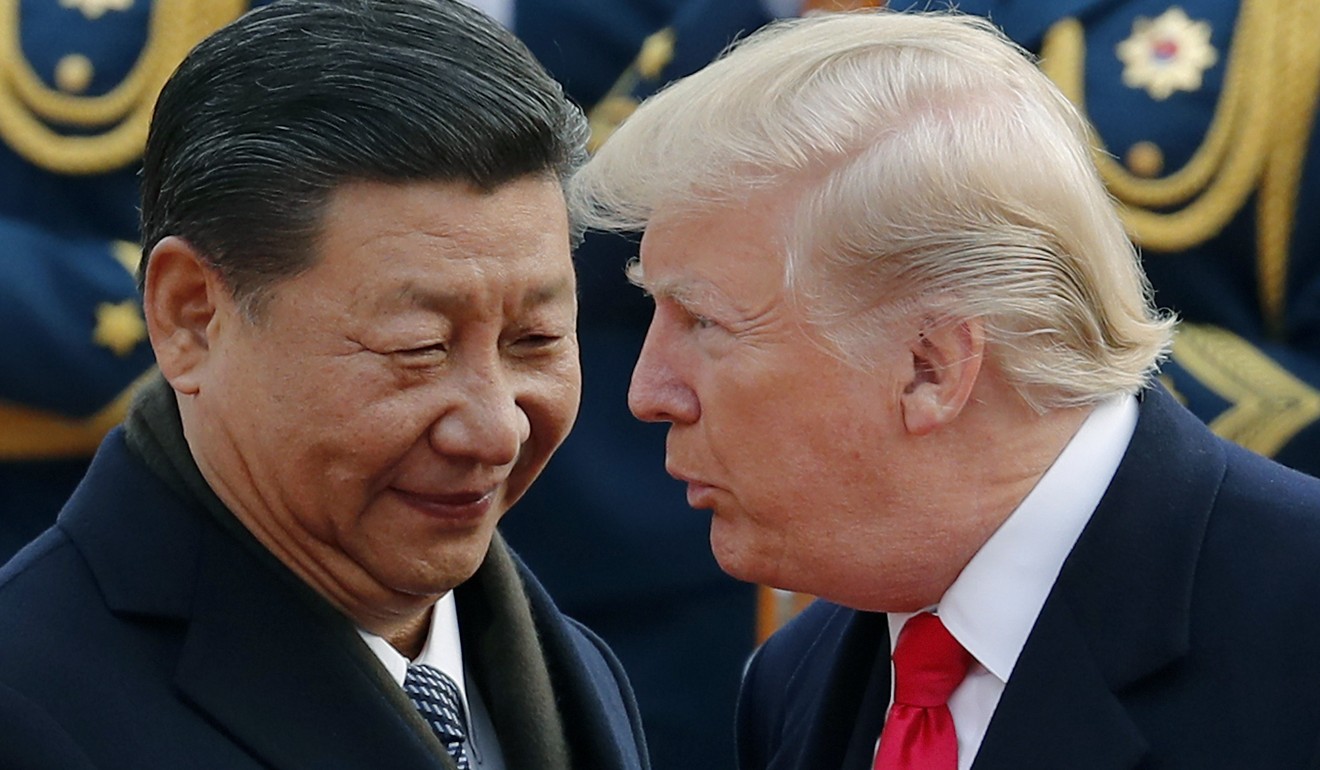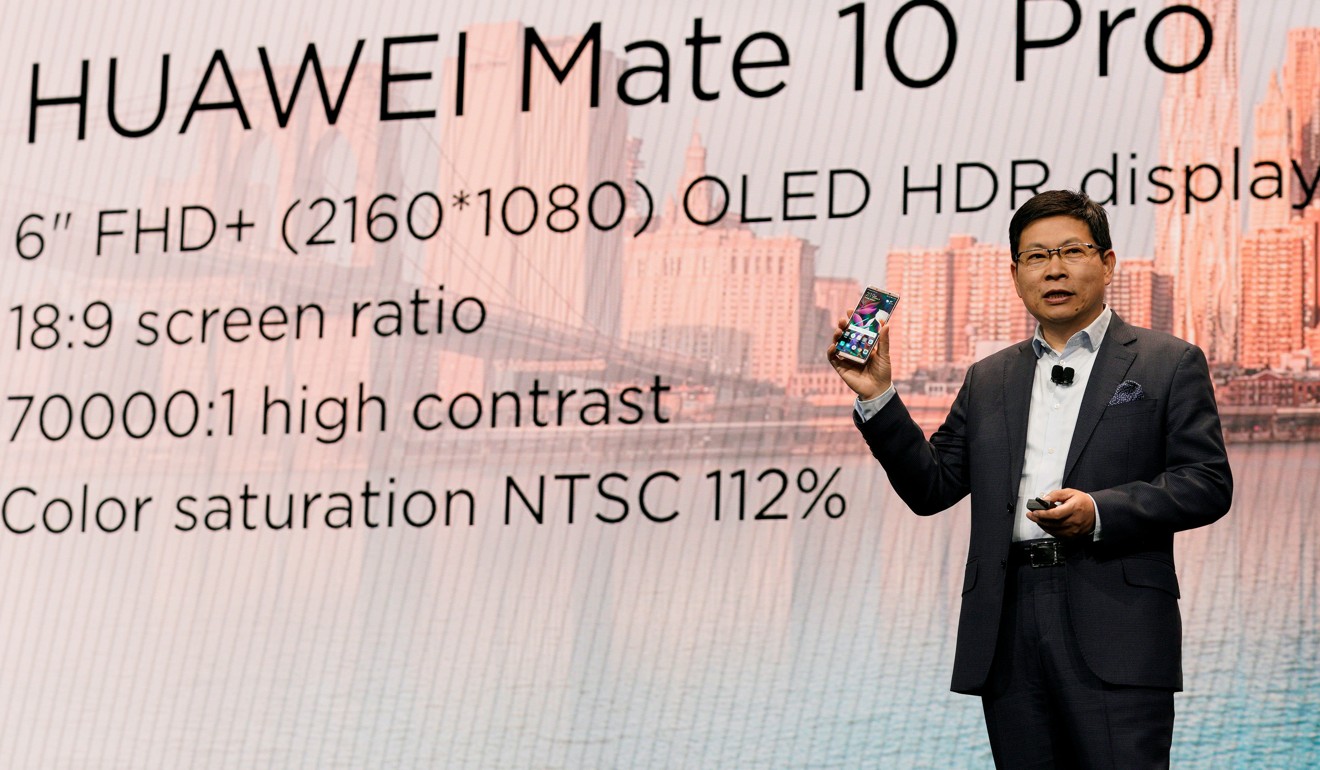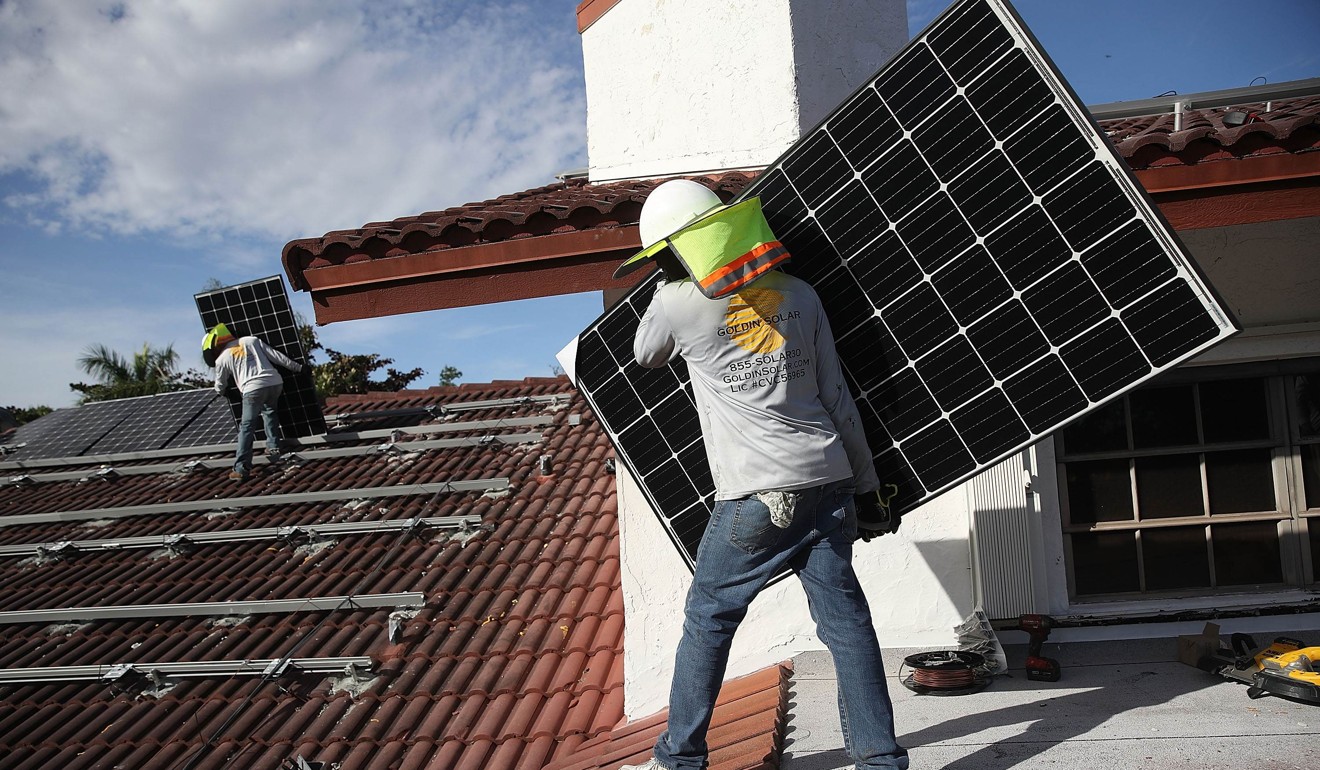
Is China ready for what US could unleash in trade war?
Tariffs and blocking trade are just parts of the arsenal Washington could deploy – citing ‘national security interests’ – to monitor, control and stop commercial activities
As rumblings of a trade war between Washington and Beijing grow louder, the Trump administration appears to be gearing up for renewed confrontation with China.
It’s a matter of time before Trump and China embrace the TPP
But these moves are just a small part of the policy arsenal Washington could unleash under the banner of “national security interests” to monitor, control and block commercial activities between Chinese and American entities.
Watch: Trump’s new tariffs spark outcry in Asia
There are a variety of show-stopping actions the administration could take, with little or no warning, including: blocking foreign acquisitions or deals with firms and industries Washington considers “nationally sensitive”; new or increased sanctions against individuals, companies and countries; and introducing new export licensing requirements for seemingly benign materials and components – causing rapid disruption to global supply chains.
Locked and loaded, China and the US are heading into a trade war
These scenarios fall under the lengthening shadow of what are known as strategic industries and economic security, through which more than a dozen US federal agencies enforce hundreds of regulations and restrictions.

Despite being major trading partners – with all of the benefits this brings to both sides – Beijing and Washington are both pursuing increasingly self-serving agendas based on national security, and that seems destined to intensify.
Trump’s first year failed the China test. His second looks far worse
Important technology sectors have been pulled into the fray and the rivalry has spilled over into cyber warfare, espionage and the militarisation of space.

The deal would have made Huawei, the world’s largest maker of telecommunications equipment, a major supplier of phones to AT&T’s customers. However, the firm has long been suspected by US lawmakers of links to Beijing’s economic and political policy apparatus. Huawei’s founder, Ren Zhengfei, was an officer in the Chinese military.
Why a cooling in China’s economy would be a good thing
Although Huawei is a private company, most US authorities are convinced that virtually all big Chinese companies have murky ties to Beijing’s power circle. The thought of millions of American consumers using Chinese-made phones with secret “back doors” and data-tracking features written into the operating systems was enough to kill the deal.
Since 2012, Huawei had been blocked from selling network equipment to US telecommunications carriers, so the latest rebuff on telephone sales has dealt a major blow to the company, essentially locking it out of the world’s largest economy.

Sovereign wealth funds: just a way for China and Russia to flex muscles?
In the current climate in Washington, espionage and sabotage are on equal footing with the fear of losing competitive advantage in critical sectors, particularly in semi-conductors, artificial intelligence and robotics.
Watch: China-US relations in Trump era
Beijing, of course, is no stranger to blocking foreign companies from operating in its markets. Google, Facebook and Twitter have all been blocked from providing services in rulings motivated as much by security concerns as they were designed to protect local Chinese firms.
The only game in town? Why China will keep buying US Treasury debt
The Chinese are also said to have reacted to Edward Snowden’s divulgence of the NSA’s surveillance activities in China by excluding US vendors Cisco and Apple from approved government supplier lists.
How far will this all go? And will claims of national security serve as instruments of trade protectionism? No doubt, they will.
International businesses should get ready for a bumpy ride ahead. ■
Alex Capri is a visiting fellow at the Department of Analytics & Operations at National University of Singapore Business School

